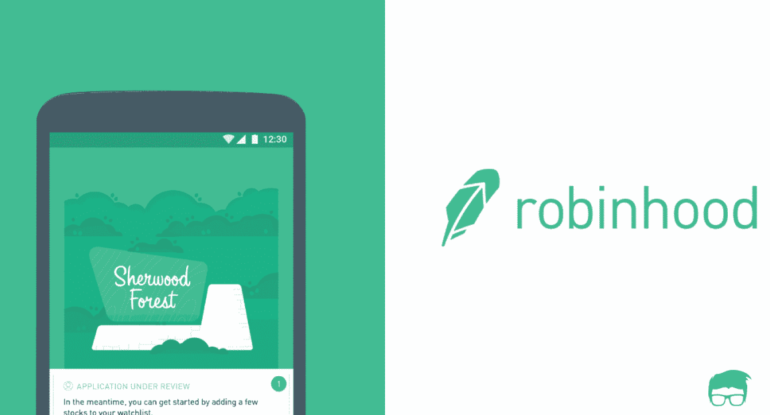Trade Without Any Fees With Robinhood’s Blockchain-Based App

The “Occupy Wall Street” movement 6 years ago in New York gave Baiju Bhatt the co-founder of Robinhood and Vlad Tenev an innovative idea that had the potential to change the stock market scene. The idea was to let people trade stocks without any fees.
Today in History:
— Jamie Roxx (@ArtistJamieRoxx) September 17, 2019
Sept 17, 2011 – #OccupyWallStreet movement begins in #ZuccottiPark, New York City.
(https://t.co/lPNzY4n5l0) pic.twitter.com/dLu1wXUtqX
They have had an experience being in the finance sector for a couple of years and that had helped them realize how capital markets were not letting people be a part of them. One of the primary reasons is the $10 trade commission. “Having worked in finance for a few years, we had the realization that capital markets were ones that were not letting a lot of people be a part of them, and the $10 trade commission.
“We had this crazy idea: If we make it free and make it easy to use on mobile phones, we would see a new generation of customers”, Bhatt said.
But Silicon Valley did not seem to adapt to this new concept so soon. They pitched the idea to various capitalists in Silicon Valley only to hear that the idea was crazy from them. They claimed that the youth would never invest in it. They even mentioned that to work this so-called crazy idea out one must start by having enough amount of money.
Without even a broker-dealer license even the idea of testing the product, thus proving it to the investors was out of the question for Robinhood. Well, today Robinhood has 5 million users trading stocks, options, ETFs, and Bitcoin all through the mobile app. So it is safe to say that innovative and unique ideas still have a place in this world.
But that doesn’t mean that they had never once faced challenges. Being a stockbroker is not something you can decide overnight. You require a huge amount of startup money. Both Bhatt and Tenev were clueless about the expenses that they would incur. It was only after applying for a broker-dealer license did the two founders get the knowledge that a whole year’s worth of operating capital was required to obtain a license.
Also, read – Is blockchain as secure as we think it is?
Tim Draper was one of the first few investors back then who were willing to fund them. Every opportunity comes with a price and hence in the process of convincing Draper both Bhatt and Tenev had to forgo their salaries until the license was approved.
They were out of money by that time. They had paved their way through the initial struggles where Bhatt recalls how they did not even have the proper footwear to go to work. “It was a tough time”, he recalls. 5 years later they had raised over $500 million in funding and made Robinhood worth $5.6 billion. The success they have right now has to be sustained and both the founders will make sure of that. Robinhood founders are determined to make sure that the growth does not fall drastically.
“Our business has been extraordinarily lean from the beginning,” Bhatt said. The primary competitor that Robinhood has is E-trade which does not come close to it when several customers are taken into account. But then again the employee count at Robinhood is way too less than E-trade.
“The unit of the economics of the business is very strong, and the overhead is very low,” Bhatt explained. “And we’ve always been a very cash-conscious company. That’s how we give ourselves a long runway.”
Robinhood makes money from the interest on customers’ funds stored in their Robinhood accounts and premium membership fees from $10 to $2,000 a month that allow extra trading limits.
The company is currently looking for a chief financial officer to help achieve greater goals.
Add a comment
You must be logged in to post a comment.




























































